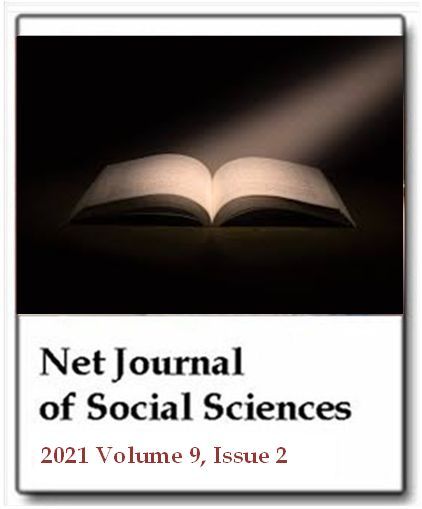Christianocentrism as an axiological platform for education in the context of the postmodern philosophical paradigm of youth policy
Vasyl Balukh and Mykola ShkribliakNet Journal of Social Sciences
Published: May 31 2021
Volume 9, Issue 2
Pages 17-26
Abstract
The article provides a theological and cultural reflection of the ideological and theoretical influences of the postmodern paradigm of thinking on the formation of modern models of education and upbringing. The leading line is the justification of the statement about the need to involve the potential of Christian pedagogy in its functional forms, strategic goals and axiological manifestations in the educational process in modern Ukrainian schools at all its levels. Considerable attention is focused on the interpretation of the ideological and value foundations of the theological and cultural understanding of Christian pedagogy and the clarity of the specifics of its functional nature and moral-forming significance. By identifying the leading trends in the development of Christian pedagogy during the "Golden Age" of patristics, it is proved that the Patristic interpretation of the content and functions of Christian pedagogy has not only not lost its relevance, but should also be the basis of the modern paradigm of national education and upbringing. On the example of theoretical developments of K. Ushynskii, the intransitive significance of the foundations of christianocentrism for the formation of modern pedagogical and didactic components of education and upbringing was justified. The subject of the research is the leading foundations of the formation and development of Christian pedagogy in the context of the postmodern philosophical paradigm, its moral and value orientations and ideological and praxeological orientation.
Keywords: Christianocentrism, philosophy of education, Christian pedagogy, post-secular paradigm, education, upbringing, didactics.
Full Text PDF
